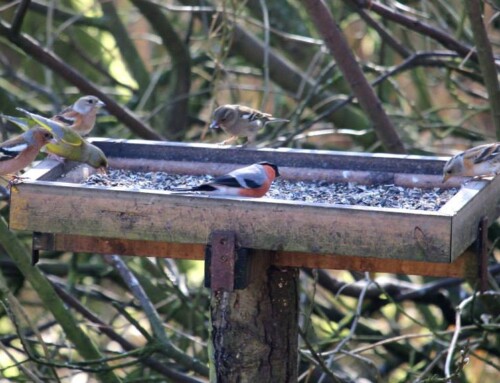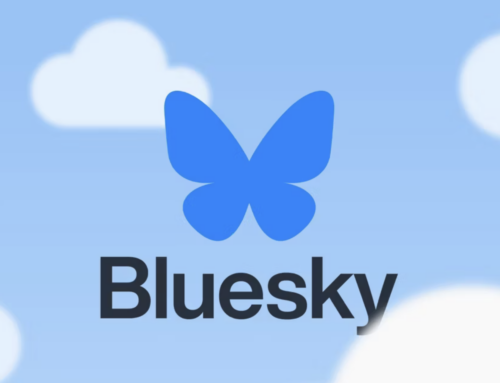I like to think of myself as someone with a lot of interests and a lot of hobbies. I’ve had periods of my life where I’ve been really into playing music, art, tattoos, powerlifting, houseplants – these interests come and go, sometimes returning for a while, but not constant. However, two aspects of my identity have stayed throughout my life, and remain as strong as ever: my love for nature, and my queerness. I myself either don’t feel the need for labels, or I haven’t quite found the correct ones; I am proud to be in a relationship with my wonderful trans, non-binary partner, and my assigned gender as female just doesn’t fit quite right. I work as an ecologist and am a keen birder, training to be a ringer and nest recorder with the British Trust for Ornithology. I’m also the Cornwall Volunteer Coordinator for the RSPB.
When thinking of nature and the people who typically spend time in it, one tends to think of older generations, the majority being white men. Indeed, in the birding world, the majority of twitchers fit this demographic, so it can be hard sometimes for people of marginalised communities to feel like they belong. Times are changing, of course – there are initiatives all over the country to promote diversity within the natural world, and wonderful people with large platforms online who diversify access to nature through amplifying their own and others’ voices. Organisations are standing up to support marginalised communities and giving them the means to enjoy and protect nature. But there’s still a lot of work to do.
At college, before I went to University, I had friends but none that were interested in wildlife. A lot of them were part of the queer community, and were good mates, but I wasn’t able to have that extra bond with them through shared interests. I remember boring the socks off of my friends teaching them how to identify corvid species. It felt quite isolating and as a result, I hadn’t experienced close friendship. I’m sure a lot of you reading this may relate to this feeling – it’s a similar situation to be a young queer person in a heteronormative environment, and having to hide a part of yourself. I was missing a community that was a perfect marriage between who I was, and what I loved to do.
In 2016, I moved from Eastbourne to study Zoology at Exeter University’s Cornwall campus. When I got there, I quickly formed strong friendships with people on my course who were also queer or strong, unconditional allies. I was able to be totally myself, and had people to talk excitedly to about both my gay relationships and the incredible migration patterns of bar-tailed godwits! I had the confidence to grow and get involved with work on campus such as the student-led Ecology society which I was a part of (and President of) for years. It completely changed my life and the feelings I have towards myself, as a professional and a person. I got vital experience that has helped me secure my current roles that help to monitor and protect nature.
Of course, I recognise that University isn’t accessible to everyone. However, it isn’t the only way one can find community – outreach is absolutely essential. Throughout the RSPB, both staff and volunteers do essential work bringing the natural world to people in marginalised communities. Both myself and Anna are part of the RSPB’s Starlings LGBTQIA+ Network who attend pride events and run regular meetups around the country. Additionally, finding community with other queer people doesn’t mean you have to be separated from others who do fit the current most popular demographics – it’s not an us-and-them thing, it’s about integration and working together. Finding like-minded people is essential and freeing, allowing for growth in confidence and identity, empowering everyone to speak louder for nature.
Some people think that LGBTQIA+ issues should be left out of nature. However, these people are missing the whole point and the bigger picture, which is that these conversations will exist in every sector, every hobby, every group – because it’s about who we are, not what we’re interested in. Tackling homophobia, transphobia, racism, sexism is a human issue, and therefore has a hugely important role everywhere. Nature especially needs our help, more so every day, and the more people whose voices we can uplift, whose communities we can encourage, the more help nature has. It’s as simple as that; human and natural issues go hand in hand.
Self-education is a vital part of the journey towards becoming more inclusive in the way that you interact with the people and world around you.
A great form of self-education is building diverse voices into the social media content that you consume. Below are some LGBTQIA+ conservationists and activists that you can follow:
- Jasmine Qureshi (they / she)
- Pattie Gonia (they / she)
- Pınar Ateş Sinopoulos-Lloyd (they / them / it / its)
- Ajay Tegala (he / him)
- Dan O’Neill (he / him)
- Estraven Lupino-Smith (they / them)
- Jonny Fisk
- Kane Brides, WWT
Book recommendation:





